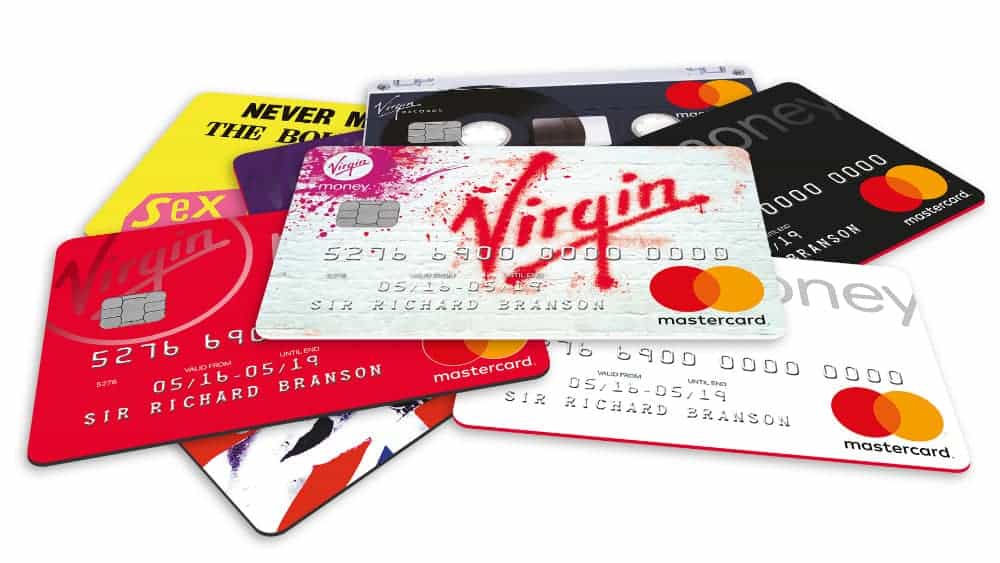Consumer borrowing on credit cards has jumped to an all-time high, according to the Bank of England. Household unsecured credit in the UK grew by £1.2 billion in November 2021, a significant increase from the positive change seen earlier in the year.
It’s also a much higher gain compared to the £800 million economists were anticipating after the easing of the lockdown.
How credit card debt has changed
Credit card debt across the UK was £56.5 billion in August 2021. This was a significant reduction from 2020’s numbers, which reached £72.1 billion. But by the end of the year, Brits were spending a lot more and accruing more credit card debt. This was partly a reaction to the easing of the restrictions, allowing people to finally go out and travel.
While the end of lockdown has proven to be a relief for many, it has also increased debt for many households. According to Akansha Nath, head of partnerships at Credit Karma, “After such a financially difficult year, encouraging shoppers to only spend what they can afford is easier said than done. But while the occasional treat can act as a brief distraction, the resulting challenges of overspending are likely to last much longer.”
A good credit score can save you a lot of money
Research by Credit Karma shows that paying off debt and improving your credit score can save you an astonishing £129,000 over a lifetime. This is because people with poor credit are more likely to be charged higher interest rates, denied more affordable loans, or simply not able to qualify for better financial opportunities.
“Tackling debt or money worries as early as possible can limit their long term impact,” says Nath. “Talking to your lenders, or seeking independent support can help to restructure debt in a more manageable way.”
This can then reduce the future impact on your ability to borrow money down the line. This includes lower rates for mortgages, credit cards, loans and car finance.
Strengthening your credit score
If you have a lot of credit card debt and cannot keep up with the minimum payments, this alone could be destroying your credit score.
Having sources of credit in your name – whether that’s a mobile phone bill or a credit card – can be a good thing, but only if you regularly pay those bills on time. Missing or late payments can impact your credit score even you’re only late once or for a couple of days.
Credit Karma also adds you should be registered on the electoral roll if you aren’t already, as this helps your credit score. Plus, you should check your credit report regularly. If you notice irregularities or errors, reporting them and having them corrected can improve your credit report.
If your credit card debt is out of control and you are unable to make payments, consider seeking help. Charities like StepChange can advise you on how to deal with your debt and prioritise bills. They can also help you understand your finances so you can make better financial choices for the future.







